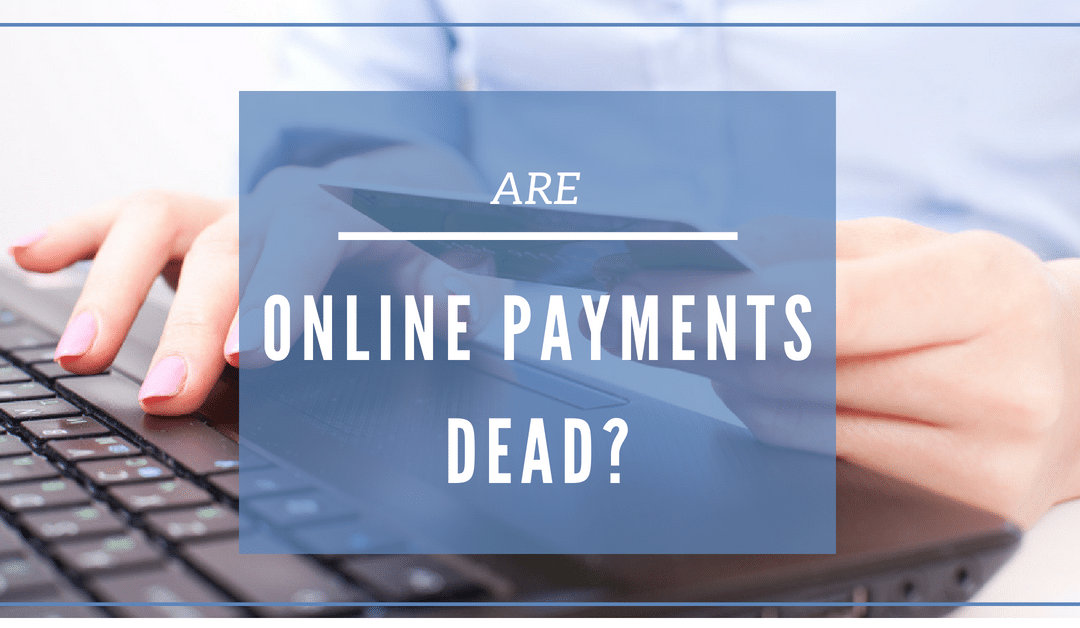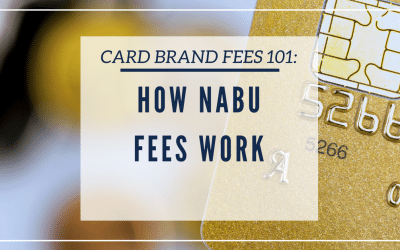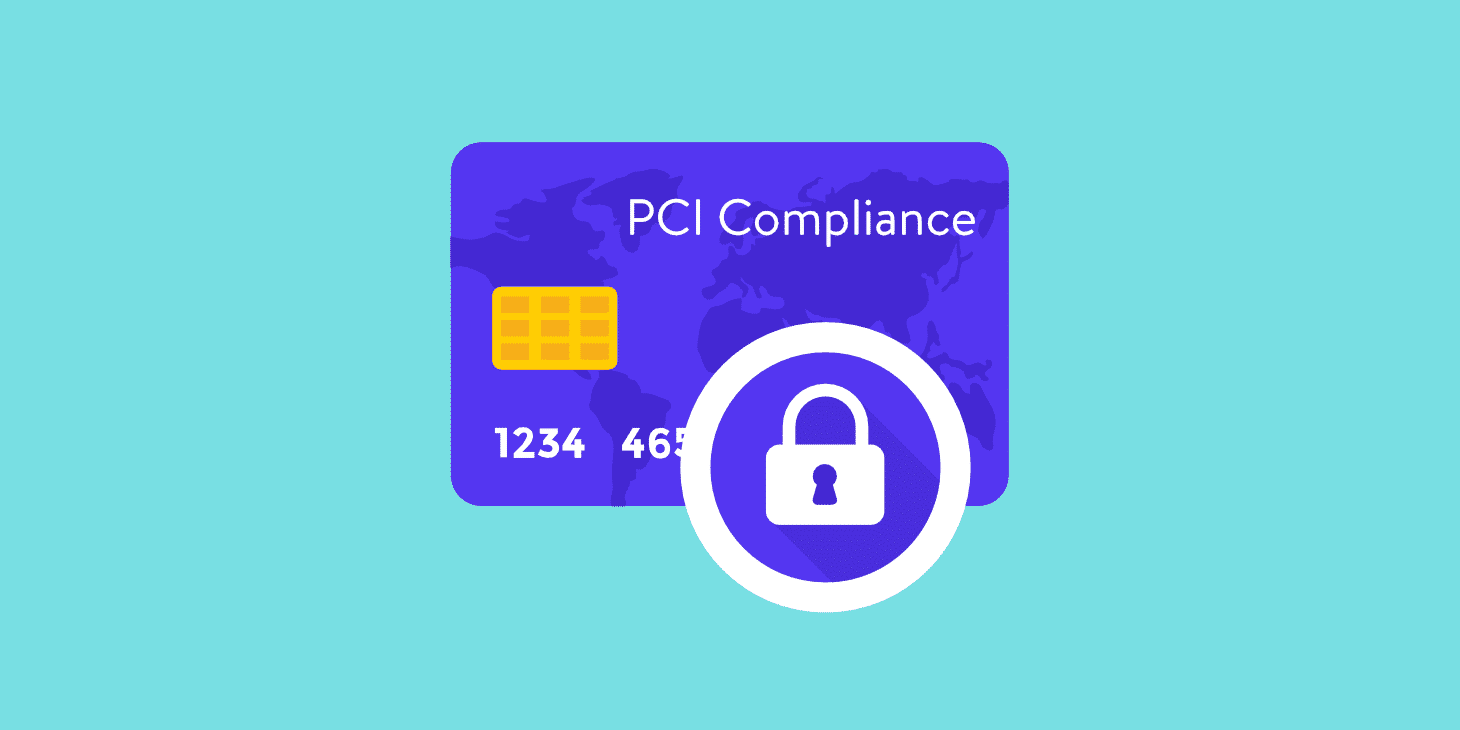When was the last time you went to the grocery store and pulled out a checkbook in the checkout line? Or how about this — when was the last time you wanted to pay for an item and were told a merchant didn’t accept a credit card and required cash? The odds are that the last time you used a check at the store was a while ago (some merchants actually won’t accept them anymore!) and stores that don’t accept cards are now the exception that proves the rule. And the rule is that the old way of paying for products and services in the 21st century is changing — fast.
This process has only been accelerated by the introduction of ecommerce. Almost overnight, a whole new crop of businesses sprouted up on the internet, and payment processing infrastructure to support it came up along with it too. Payment processing has seen great innovation in that time: from specialized security, to fraud prevention, to increasing amounts of tools for merchants to personalized their online checkout processes. Consumers have responded well to this new form of commerce. Nowadays, many people don’t even think twice about whipping out a credit card to pay for a product or service online, and online retailers are reaping the rewards. Ecommerce continues to gain momentum, as US e-commerce sales grew 14% in Q1 2018.
The engine of technological development chugs on, and with it comes important questions. Because of this potent combination of quick growth and rapid innovation in ecommerce and payment processing, it’s not off base to wonder what’s next for online payments. Are they going to go the way of checks or cash (in some places)? In other words, are online payments dead?
It’s true that things are much more different in the payments scene than they were even four years ago. Look at China, for example. Mobile ecommerce payments have taken the country by storm, all but replacing cash and credit cards. Instead of having certain businesses not accepting card transactions under a certain minimum or requiring cash outright, mobile payments in China are quickly becoming the status quo. Citizens scan QR codes and pay with apps like WeChat or Alipay to pay for food, transportation and other everyday necessities. This preference for mobile payments is creating a ripple effect in neighboring countries like Japan, as vacationing Chinese citizens increasingly prefer to pay with their phones. “Mobile pay is growing so rapidly in mainland China that as a foreigner I sometimes found it difficult to complete basic transactions without it,” writes journalist Evelyn Cheng, going on to outline her difficulties purchasing items at a McDonald’s and paying for a cab with cash. But Cheng also notes some concerns with this widespread system of mobile payments, namely privacy.
So could that massive shift toward mobile payments happen elsewhere? And what does this mean for ecommerce? Well, though mobile wallets are starting to become more of a mainstream fixture in the US, the adoption of this technology is still nowhere near China’s. And that’s the key takeaway for ecommerce payments: without wide adoption from consumers, the effects of mobile payments won’t be felt by ecommerce. Though common mobile wallets like Apple Pay and Google Pay can be used to conduct Card Not Present (CNP) transactions that offer heightened security and fewer chargebacks risks, consumers haven’t embraced these payments wholeheartedly. “Mobile payments are a long way from mainstream adoption because current offerings lack a clear promise of superior benefits to consumers or a business model that addresses the needs of all the players in the payments ecosystem,” says Forrester Research analyst Emmett Higdon. That’s not to say it never will, but for now, the “card” in CNP transactions isn’t going anywhere.
Of course, mobile wallets or payment-enabled apps like WeChat aren’t the only alternative payments to credit cards out there. There are others, like bank transfers, that are likely to increase in popularity in the coming years. Of course, ecommerce merchants would do well to pay attention to the rise of these other payment types. One method to keep an eye on is voice payments. An offshoot of conversational commerce (the name given to the trend of interacting with businesses through messaging and chat apps), voice payments means that consumers can pay for items with their voice. Devices like Amazon’s Alexa or Google Home can now double as personal shoppers, with consumers simply placing an order by speaking. But as with all new payment types, voice payments will live and die based on consumer adoption. Only time will tell if these methods will successfully be accepted by the mainstream public.
Although there’s no shortage of alternative payments out there, online payments are a widely-accepted fact of life for a typical ecommerce consumer. And this acceptance is critical for its longevity. While there are other payment options on the horizon, there aren’t any that are prominent enough to disrupt the current online payments landscape. In short, traditional online payments won’t be going anywhere anytime soon.
With this in mind, merchants who conduct business online need to ensure they have streamlined, secure end-to-end payments infrastructure in place. The continued push toward online and CNP payments means merchants must partner with trusted merchant service providers to keep their customers happy.









